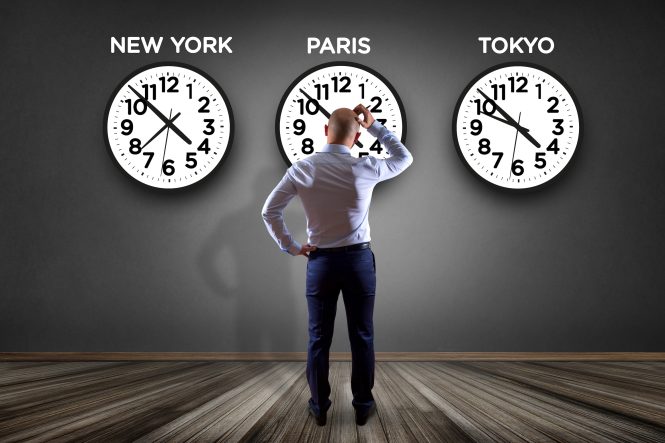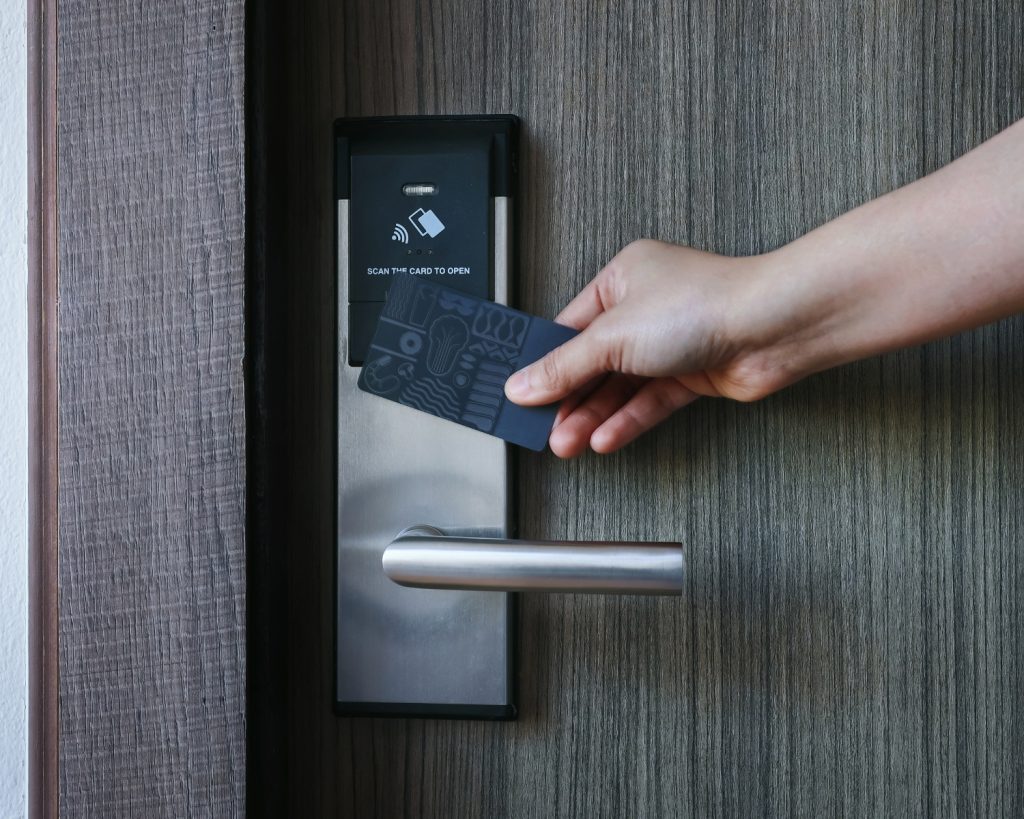

Traveling across time zones can be a real challenge, causing the dreaded jet lag. But it doesn’t have to completely ruin your trip! This article delves into the science behind jet lag, offering practical strategies and tips for balancing time zone shifts while maximizing hotel comfort during your recovery. We’ll explore ways to prepare for travel, optimize your stay, and implement good sleep hygiene for a smoother journey.
Jet lag, that frustrating feeling of disorientation and fatigue, often accompanies international travel. It stems from the mismatch between your body’s internal clock (circadian rhythm) and the local time zone. The symptoms can range from mild sleep disturbances to full-blown exhaustion, impacting your enjoyment of your trip.
Understanding the science behind jet lag is crucial for effective management. Our bodies rely on a 24-hour internal clock that regulates various bodily functions, including sleep and wake cycles. When we travel across multiple time zones, this clock is thrown off, causing a physiological mismatch that can lead to a multitude of symptoms.
So, how can you combat these time zone challenges and maintain hotel comfort? Prioritize proper preparation for your trip. Start adjusting your sleep schedule a few days before your departure. Gradually shift your bedtime and wake-up times closer to your destination’s time zone. This helps your body gradually acclimate to the new time.
Hydration plays a significant role in minimizing jet lag symptoms. Dehydration intensifies the feeling of fatigue and can make jet lag worse. Carry a water bottle with you and sip water consistently throughout your travels. Limit caffeine and alcohol consumption, as these substances can disrupt your sleep patterns and intensify the effects of jet lag. Remember to eat nutritious meals and avoid overly heavy meals close to bedtime.
Hotel comfort is important when battling the effects of jet lag. Look for hotels with features that aid your recovery. Features like comfortable beds, blackout curtains, and soundproof rooms can be a godsend in aiding better sleep. Don’t underestimate the importance of a good pillow and a relaxing atmosphere. Consider booking rooms with views or quiet spots in the hotel if noise is a concern.
Once you arrive at your destination, take it easy. Resist the urge to immediately cram your itinerary full of activities. Allow your body time to adjust to the new time zone. Embrace the local culture while taking it easy, even if that involves a slower pace. Take advantage of your downtime by relaxing in the hotel and focusing on good sleep hygiene.
Sleep hygiene is paramount for overcoming jet lag. Establish a regular sleep schedule as soon as you arrive in your destination. Make sure you have quiet time in your room, and use comfortable bedding that helps you wind down and sleep better. Avoid screens before bed, and try relaxation techniques like meditation or deep breathing to help calm your mind and promote restful sleep.
The hotel environment plays a crucial role in aiding sleep and recovery. Select accommodations with comfortable beds, blackout curtains, and noise-canceling features. If possible, inquire about available room options that might promote a more relaxing and soothing experience, like those with views or near quieter areas.
Beyond the hotel, consider using light therapy. Exposure to natural light during the day can help regulate your circadian rhythm. If your hotel lacks natural light, consider using a light therapy lamp in your room to aid in the adjustment process. Embrace the opportunity to soak in the local environment—even during rest time—as well. It will help you adjust to the local time zone more effectively and feel more at ease with your surroundings. A new destination is always going to have a different feel and this helps you to embrace that change more easily and naturally. Embrace the new environment—even while resting. This will help you to acclimate to the new time zone more effectively and feel more at ease with your surroundings—which in turn, helps you to more easily adjust to the new time zone, and feel more at ease with your surroundings—which in turn, helps you adjust more easily to the new time zone and feel more at ease with your surroundings more effectively—creating a perfect way to begin your travel journey more comfortably.
So, there you have it—a comprehensive guide to navigating jet lag and maximizing hotel comfort during your travels. By understanding the science behind time zone shifts and implementing practical strategies, you can minimize the disruption and maximize your time in a new destination. Remember, preparation is key, and treating your body right is crucial for feeling refreshed and ready to embrace your adventures.